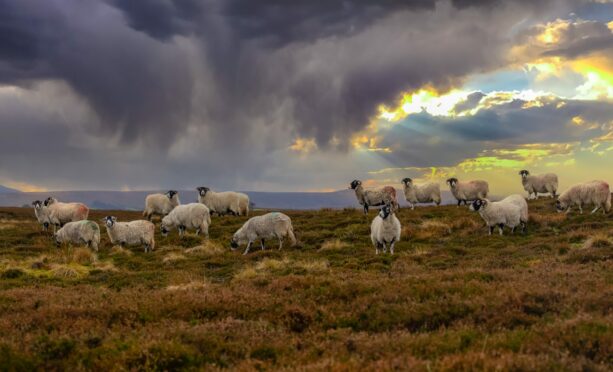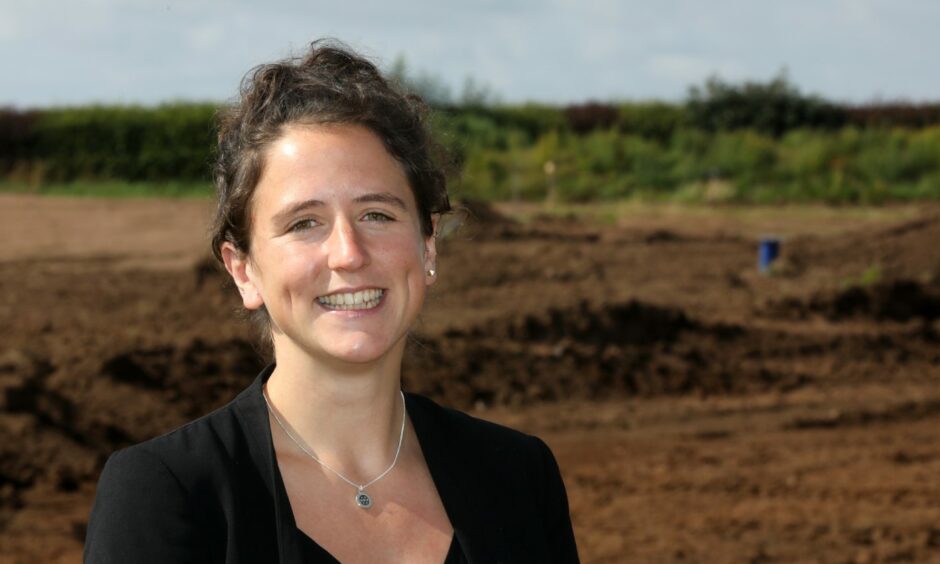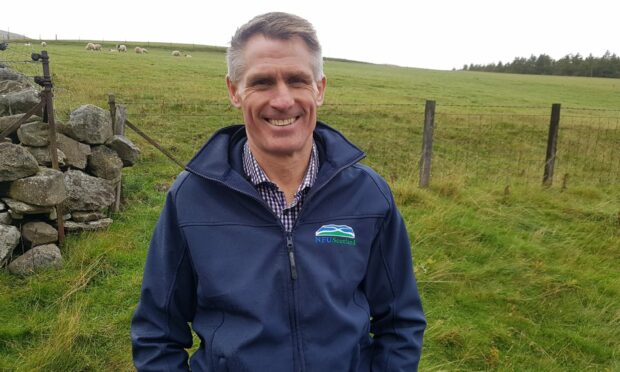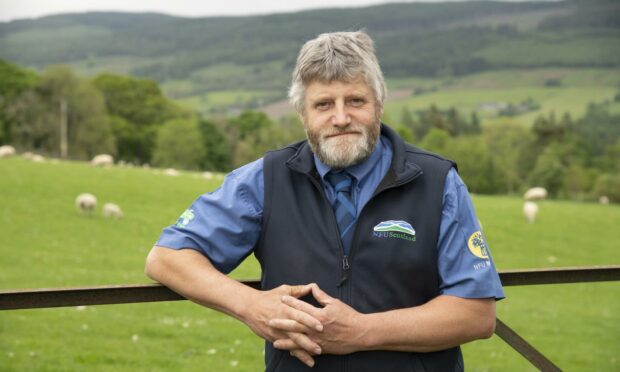For the very first time since the Covid pandemic I went to a live NFU Scotland (NFUS) conference last week and what a joy it was.
After nearly two years of online meetings, it felt good just to be in company again catching up with friends and hearing the latest gossip.
Most importantly it was the first opportunity to hear our new Farm Minister Mairi Gougeon set out her views on how Scottish agriculture would make the painful transition to a more sustainable future.
It felt a little awkward at first as people were unsure whether to bump fists or shake hands, but it felt wonderful just to be socialising again after being stuck behind a computer screen for so long.
Listening to the presentations I couldn’t help reflecting on the stark contrast between this event and the last pre-covid NFUS conference in February 2020.
Back then I wrote that Scottish farming appeared like a rabbit caught in the headlights flailing around looking for a response to the climate crisis.
Well, you couldn’t accuse the industry of that now.
How times have changed.
The NFU Scotland hierarchy felt confident enough to spell out that Scottish farming must now focus on biodiversity, carbon reduction and food production.
Not long ago such a statement would have been heresy and the membership would have pilloried the leadership for daring to suggest that farmers should focus on anything other than food production.
Of course, there will be some grass roots members who are uncomfortable or disagree with that view, but it seems to me there is a general acceptance that the industry must go down this road.
Much of the credit for that change is down to the work of the farmer-led groups (FLGs) and the union’s own Farming for 1.5 degrees group.
They shouldered the responsibility of finding answers to the challenge of cutting farming carbon emissions from 7.5million tonnes to 5.3m tonnes by 2032 and they deserve real credit for coming up with some workable solutions.
Their work has allowed the farming industry to position itself ahead of the COP26 jamboree in Glasgow as a sector that has a credible plan to make the transition to a low carbon future.
Of course, the easy part is coming up with a plan.
The real challenge is delivering it.
In his speech Jonnie Hall, NFUS head of policy, made clear that it is the Government’s responsibility to put in place a policy framework to deliver the FLGs’ recommendations.
He warned that farmers will not make changes until the current Common Agricultural Policy (Cap) rules are radically overhauled and new incentives and conditionality linked to carbon and biodiversity targets are put in place.
With the eyes of the world on Scotland this week I would have expected our new Farm Minister, Mairi Gougeon, to take this opportunity to demonstrate that the Scottish Government was serious about tackling the climate crisis.
After all agriculture is the third biggest climate polluter, the Scottish Government have full powers to tackle the problem and the industry is willing and ready to make the changes.
A perfect opportunity to showcase Scotland ahead of the summit.
In her speech she began by setting out her vision that “Scotland would become a global leader in sustainable and regenerative agriculture”.
However, despite a myriad of Government reports on future farm policy she claimed they still haven’t been able to work out a new support framework and it would be 2025 before they would have one in place.
That is four years away and every year that passes her government’s own carbon targets get higher and higher.
Is it any wonder Greta Thunberg claims politicians are all Blah, Blah, Blah?
She did announce the Agriculture Reform Implementation Oversight Board (ARIOB) had agreed to support farmers who undertake carbon audits and nutrient management plans.
At least that is a tentative start in establishing a base line for individual farms.
NFUS president Martin Kennedy, who jointly chairs ARIOB with the Minister, can’t hide his frustration at the Scottish Government’s constant delaying tactics.
He claimed if the union hadn’t been pushing the Minister, ARIOB would have had little progress to report at the NFUS conference.
He defended the union’s decision to co-chair ARIOB.
He claimed it was better to try and steer the car from inside rather than outside.
He is clearly concerned that unless farmers start on the road to carbon neutrality now, they will have a mountain to climb by 2025.
Stepping into that policy vacuum however carries huge risk for the union.
To use Martin’s analogy if the car crashes it is usually the driver that gets blamed.
You got a sense of that when it came to questions from farmers as quite often Martin ended up answering the question instead of the Minister.
It is easy to sell the current changes as the new measures are financed by new money.
However, the sheer scale of policy changes to come will inevitably lead to financial winners and losers.
The danger is that the losers will blame the union for their loss, not the Government.
- George Lyon is a former MEP and a former president of NFU Scotland. He is a senior consultant for Hume Brophy.



